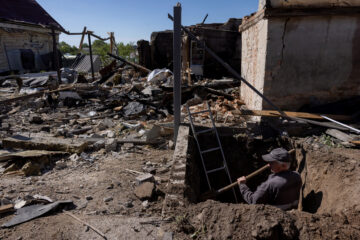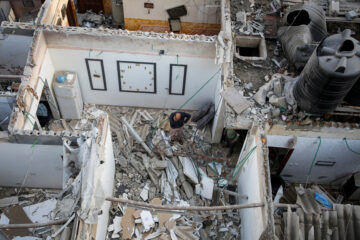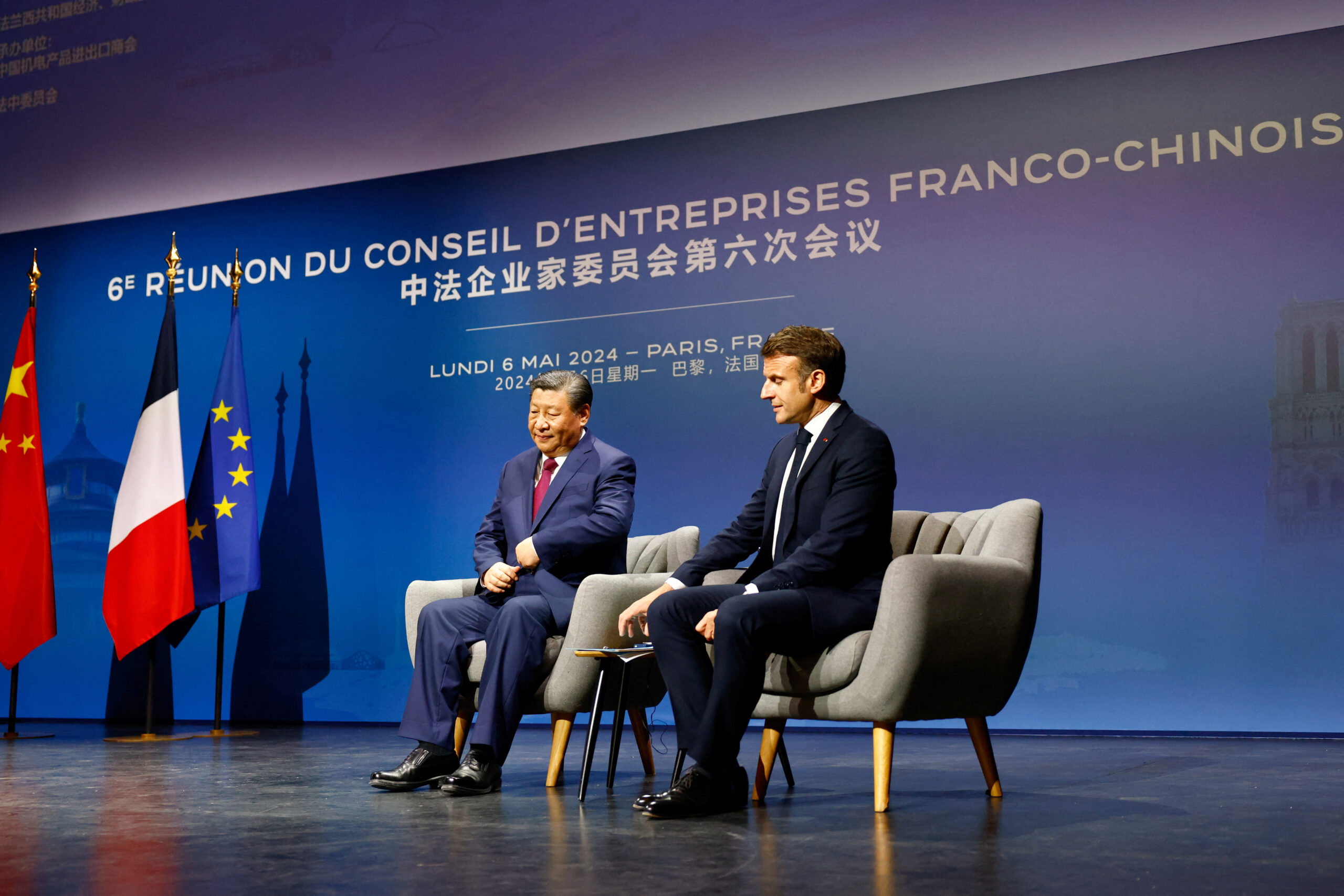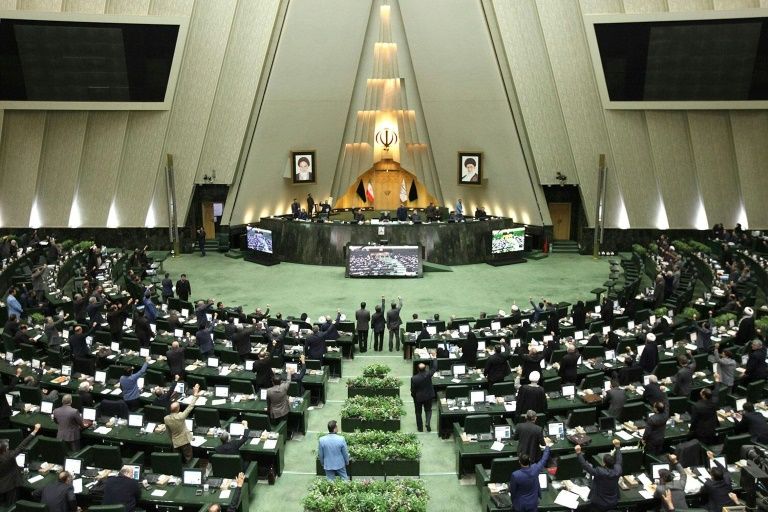UN visits alleged chemical victims despite sniper attack
U.N. inspectors have visited a Damascus suburb to meet victims of suspected chemical weapon attacks, after the Syrian government accepted international demands to grant access to the team.
The inspectors spent several hours in the southwestern suburb of Moadamiyeh on Monday, before returning to their hotel in the capital. Moadamiyeh is one of several rebel-held districts where the August 21 attacks took place.
The U.N. team met with doctors and survivors of the attacks at a makeshift hospital and took samples.
The convoy of six vehicles came under fire on Monday in the buffer zone between rebel and government areas near Damascus as it travelled to Moadamiya and Ghouta, the sites of the suspected attack last Wednesday.
"The first vehicle of the investigation team was deliberately shot at multiple times by unidentified snipers," UN spokesman Martin Nesirky said. No one was injured and a replacement vehicle was obtained, he added.
Syrian state media blamed opposition "terrorists" for the attack, though the claim could not be verified.
Rebels and activists say government forces used chemical weapons that killed hundreds of people. The government denies the allegations, and has accused the rebels of using such weapons.
Syrian President Bashar al-Assad dismissed the accusation as "an insult to common sense" and warned the US against military intervention.
"If someone is dreaming of making Syria a puppet of the West, then this will not happen," he told the Russian newspaper Izvestiya.
A spokesman for Secretary-General Ban Ki-moon said the U.N. team\’s vehicle was shot at multiple times, rendering it "no longer serviceable." The inspectors returned to a government checkpoint, but planned to continue their work with a new vehicle.
Ban said earlier Monday that the mission\’s success could deter the future use of chemical weapons in Syria and elsewhere.
"All those in Syria have a stake in finding out the truth. The whole world should be concerned about any threat or sue of chemical weapons, and that is why the world is watching Syria."
The United States is criticizing Syria for not allowing the inspectors into the site until five days after the attack.
A senior State Department official said in a statement late Sunday that Secretary of State John Kerry told Mr. Ban and his counterparts in Britain, France, Russia and Canada that Syria should have stopped shelling the area and given access to inspectors immediately after the attack last week.
Western powers have expressed fears that the delay would enable evidence of a chemical attack to degrade or be removed.
The official said Kerry told the diplomats there is "little doubt" Syrian forces used chemical weapons against civilians, and that President Barack Obama is studying the incident before deciding on a "responsible way forward."
Meanwhile, in response to a British newspaper\’s report that Britain and the United States are planning to use force in Syria, a White House official said Mr. Obama "has not made a decision to undertake military action."
U.S. Defense Secretary Chuck Hagel said Sunday that U.S. forces are prepared to take action against Syria, if the president approves.
Russia\’s foreign ministry said Foreign Minister Sergei Lavrov expressed "deep concern" about such statements about military readiness when he spoke to Kerry on Sunday.
Syrian President Bashar al-Assad further warned in an interview published Monday in a Russian newspaper that any U.S. military intervention would fail.
Assad also reiterated his government\’s denial of using chemical weapons last week, saying some of his forces were in the Ghouta area and that deploying the weapons at that time would be illogical.
France and Britain, which have been critical of the Syrian government throughout the more than two-year crisis, are weighing their own responses.
British Foreign Secretary William Hague said Monday it may be possible to act without unanimous consent on the U.N. Security Council. Russia and China have used their veto power on the council to block efforts to sanction Syria.
French Foreign Minister Laurent Fabius said no decisions have been made yet. He noted the challenge of acting without the blessing of the Security Council, but said the only option he is ruling out is not responding at all.
Turkish Foreign Minister Ahmet Davutoglu said his government is ready to join an international coalition against neighboring Syria, even if the Security Council is not united.
Syria has been embroiled in a war for more than two years, during which more than 100,000 people have been killed and millions have been displaced or become refugees in other countries, according to the United Nations.
Source: Agencies
[do_widget_area inner_adsbar]











